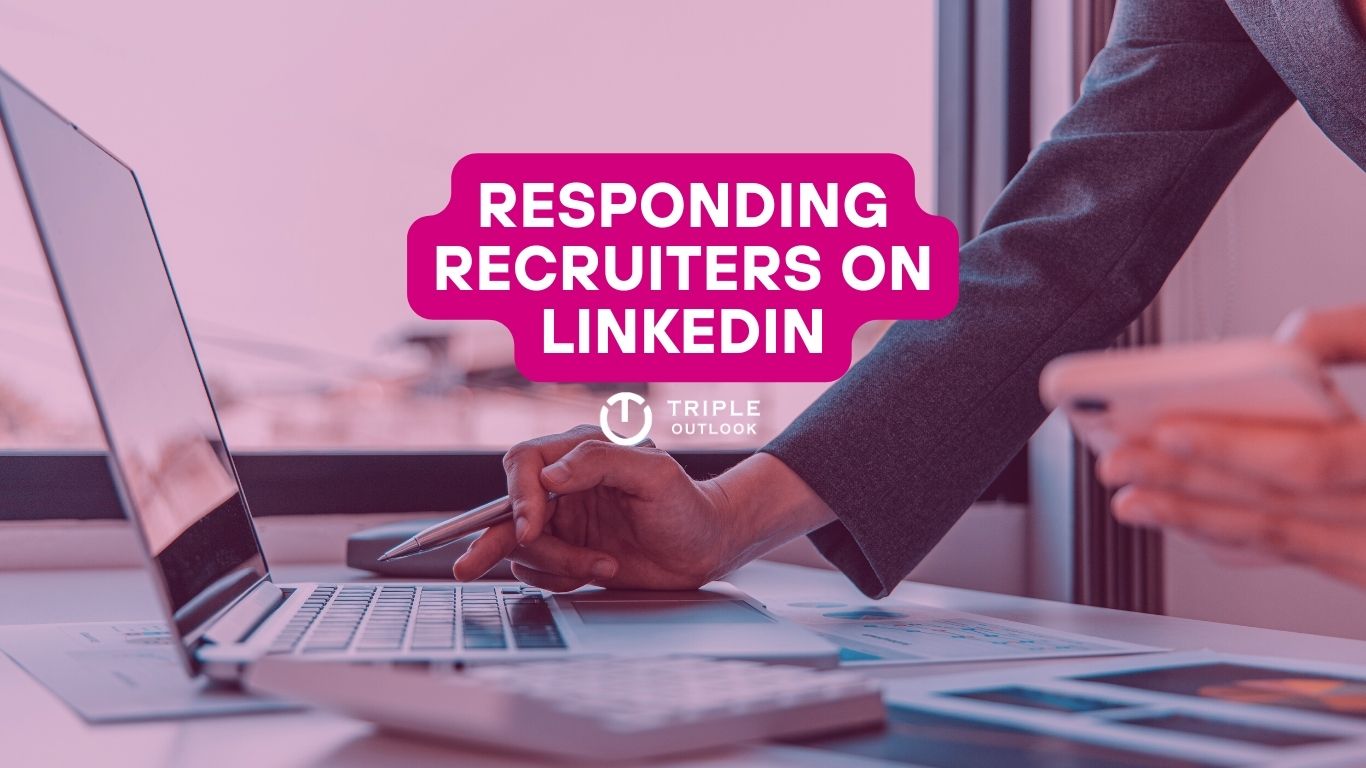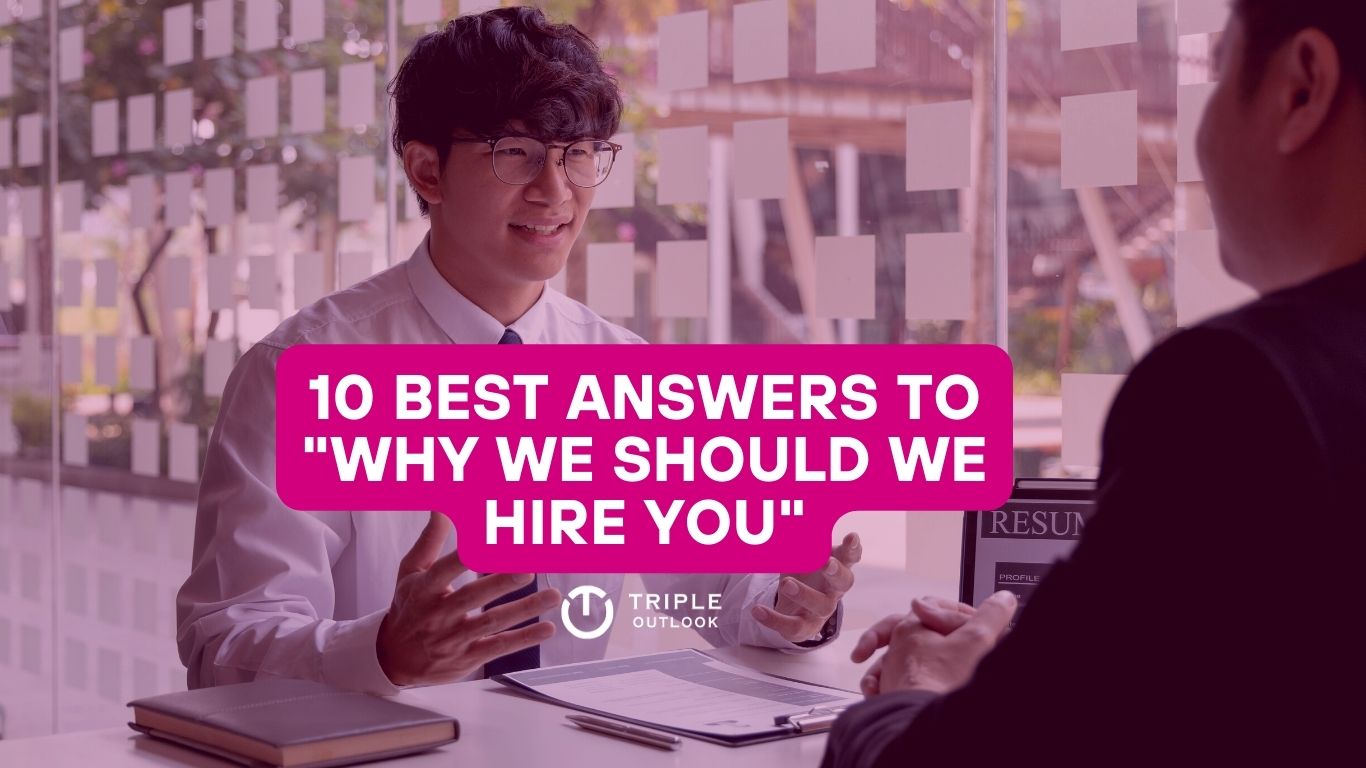Have you ever applied for a job and been told by the hiring manager or HR that they will call you shortly, only to find yourself anxiously waiting for days or even weeks without any update? It’s a frustrating experience that many of us have faced at some point in our lives. But don’t worry, you’re not alone!
It’s always tricky to navigate the waiting game after a job interview or application. You don’t want to come across as too pushy or impatient, but at the same time, you don’t want to miss out on an opportunity because of miscommunication or a lack of follow-up.
That’s why we’ve put together some real-world HR scenarios and solutions that you might find helpful. Whether you’re waiting for a call back after an interview or following up on an application, we’ve got you covered. So, let’s dive in and learn how to respond smartly when HR says they will call in different HR scenarios along with solutions.
Scenario 1: What you should do if they tell you to expect a call after a job interview
You can use this time to reflect on the interview and consider ways to improve for future interviews. If you haven’t received a call within a reasonable timeframe, you can follow up with the hiring manager via email or phone. Be professional and respectful in your communication, as following up too frequently or aggressively could negatively impact your candidacy.
Scenario 2: How to tell if they will call you after your job interview?
It is difficult to know for certain if you will receive a call after a job interview. However, there are a few signs that can indicate whether or not you will receive a call:
- Feedback from the interviewer: If the interviewer provides positive feedback or mentions next steps during the interview, it is a good sign that you will receive a call.
- Timing of the call: If the HR representative or hiring manager mentions a specific timeframe for when you can expect a call, it is a good indication that they plan to follow up.
- Communication during the interview: If the interviewer is engaged and interested in your responses, it is a positive sign that you will receive a call.
It’s important to keep in mind that receiving a call after a job interview does not guarantee a job offer. The best way to find out if you will receive a call is to wait and see if you receive one.
Scenario 3: How long you should wait for an employer to call you after a job interview
It’s generally appropriate to wait a week or two after a job interview before following up with the employer. This allows time for the interviewer to review all of the candidates and make a decision. If you haven’t heard back from the employer within two weeks, you can consider sending a polite follow-up email or making a phone call.
Remember, it’s important to be patient and professional in your follow-up. Being forceful may not reflect well on you as a candidate.
Also Read: How to Ask Recruiter for an Update: E-mail Template
Scenario 4: Why did they tell you that they were going to call you?
Employers may tell candidates that they will call them after an interview for a few reasons:
- To keep the candidate informed: The employer may want to keep the candidate updated on the status of their application and let them know that they are still under consideration for the role.
- To schedule a follow-up interview: If the employer is interested in the candidate, they may tell them that they will call to schedule a second interview.
- To provide feedback: The employer may want to provide the candidate with feedback on their interview performance and let them know if they will move forward in the hiring process.
In any case, the employer telling a candidate that they will call them is usually a positive sign, as it indicates that the candidate is still being considered for the role.
Scenario 5: They didn’t call you for a week – did they hire somebody else?
If you were told that you would receive a call after a job interview and a week has passed without any communication, it’s possible that the employer has moved forward with another candidate. However, it’s also possible that they are still reviewing candidates or that there has been a delay in their hiring process. In this situation, you can consider following up with a polite email or phone call to inquire about the status of your application.
Scenario 6: Should you follow up if an employer doesn’t call you after a job interview?
Yes, it is appropriate to follow up if you have not heard back from an employer after a job interview. Following up shows that you are still interested in the role and provides an opportunity to inquire about the status of your application. However, it’s important to do so in a polite and professional manner. A good time to follow up is about a week or two after the interview, and you can do so by sending a brief email or making a phone call. Keep the follow-up brief and focused on the status of your application, and avoid being pushy or aggressive, as this could negatively impact your candidacy.
Scenario 7: When to move on if an employer doesn’t call you after a job interview
If you have not heard back from an employer after a job interview, it’s appropriate to wait for a week or two before following up. If, after following up, you still do not receive a response or if the employer informs you that they have decided not to move forward with your application, it may be time to move on and consider other job opportunities. It’s important to maintain a positive attitude and focus on your job search, as continuing to follow up repeatedly or becoming frustrated with the process may not reflect well on you as a candidate. Instead, take the feedback you have received and use it to improve your interviewing skills and increase your chances of success in future job searches.
In conclusion,
When an HR representative or hiring manager says they will call you after a job interview and says, “I will call you soon”, it usually indicates that they are still considering you for the role. However, it’s important to understand that the hiring process can take time and there may be delays along the way. In the meantime, it’s appropriate to wait for the call and to follow up if you haven’t heard back within a reasonable timeframe.
Further Read:
- 7 Signs Your Boss Wants You to Leave: Stay Alert & Address Issues Quickly
- Smart Ways to Deal with Difficult Coworkers in Your Office
- How to Negotiate Your Salary: Step-by-Step Process Explained




